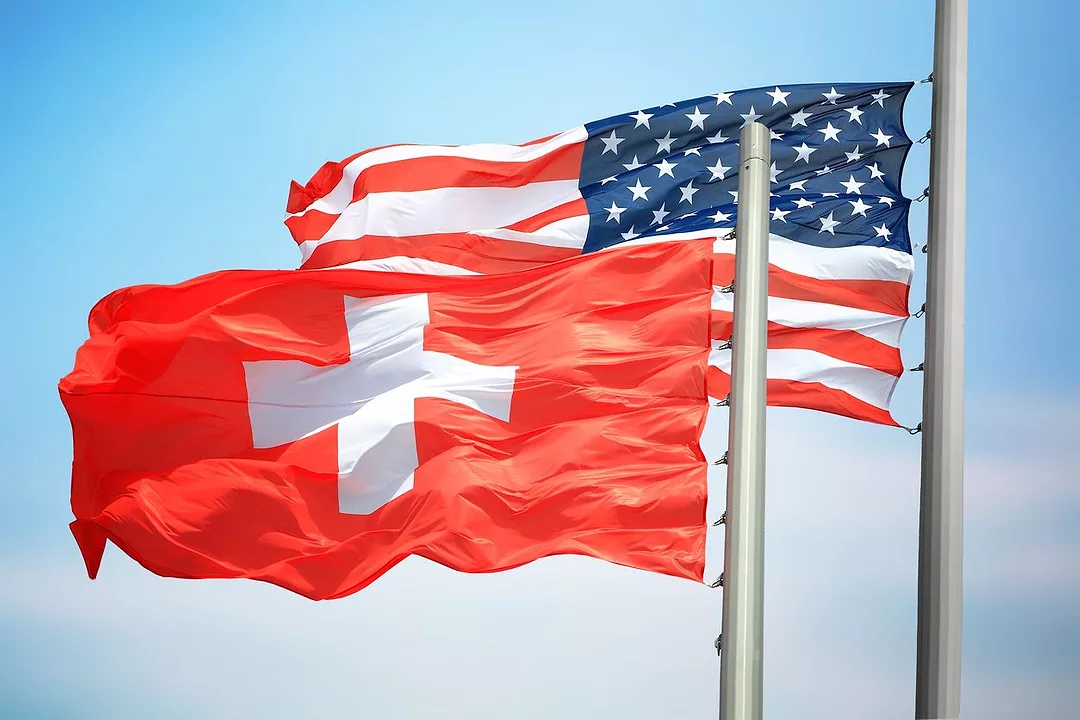Swiss Trade Hit Hard As US Tariffs Strain Economic Ties

Switzerland is facing an escalating trade crisis with the United States, after President Donald Trump imposed a 39% tariff on Swiss goods — one of the steepest in the world — leaving the country’s exporters reeling and talks for relief at a standstill.
While the UK and the European Union have managed to secure tariff reductions of 10% and 15% respectively, Switzerland — which is not part of the EU — remains isolated. The penalties, announced on 1 August, have stunned Swiss business leaders and triggered growing concern across the country’s manufacturing and medical technology sectors.
“Unjustified And Inexplicable” Tariffs
“This is unjustified, you can’t explain why they are so high,” said Jan Atteslander, director of international relations for the Swiss business federation Economiesuisse. “Thirty-nine percent tariffs — I was just shocked.”
Switzerland is consistently ranked among the world’s most competitive economies and is a major investor in the US, supporting an estimated 400,000 American jobs. Business leaders say that makes Washington’s tariff policy not only harmful but puzzling.
Since the new trade barriers took effect, Switzerland’s export-dependent economy has begun to slow. Growth is shrinking, and job losses in precision industries now appear inevitable. Roughly 17% of Swiss exports are destined for the US, making it a market the country cannot afford to lose.
Precision Exports Under Pressure
Pharmaceuticals — Switzerland’s most profitable export — have so far been spared from the 39% levy. But Trump has threatened to impose a 100% tariff on imported medicines, a move that could devastate one of Europe’s largest drug manufacturing hubs.
Another major casualty could be the medical technology industry, which grew out of the nation’s famed watchmaking expertise. The town of Biel, once the heart of Swiss horology, now houses high-tech medtech companies producing surgical drills, heart valves, and other critical instruments used across American hospitals.
“MPS, for example, makes the only medically registered artificial heart in the world,” explained Adrian Hunn, managing director of Swiss Medtech, the industry association. “You can’t just replicate that ecosystem somewhere else. Everything — from milling tools to measurement equipment — is locally integrated.”
MPS CEO Gilles Robert said Trump’s call for foreign manufacturers to move production to the US is unrealistic.
“It would be extremely challenging, if not impossible, to separate components from assembly. The skills needed to do this simply don’t exist in the US,” Robert said.
Tariffs Could Backfire On US Healthcare
For now, Swiss producers are left with little room to absorb the cost increases. “We don’t have the leeway to give discounts,” Robert said. “Margins are already as low as they can be.”
The result, warns Hunn, is that the price of medical devices in the US will rise — costs that will ultimately fall on patients and taxpayers.
“Hospitals and healthcare systems in the US often rely on public reimbursement programs,” Hunn said. “That means American taxpayers will bear the burden.”
There is also growing fear that some Swiss firms may stop exporting to the US altogether if the tariffs persist.
“These are companies with world-class products,” said Atteslander. “And some have already told us: ‘We just stopped delivering — sorry guys.’”
A Strained Relationship With Global Consequences
The standoff highlights how political strategy and protectionism can disrupt even long-standing trade relationships. For Switzerland, known for precision, innovation, and neutrality, the sudden economic chill marks a new era of uncertainty in transatlantic trade.
If no compromise is reached, experts warn that both economies could lose — Swiss industries through lost revenue, and the US through higher healthcare and manufacturing costs.

